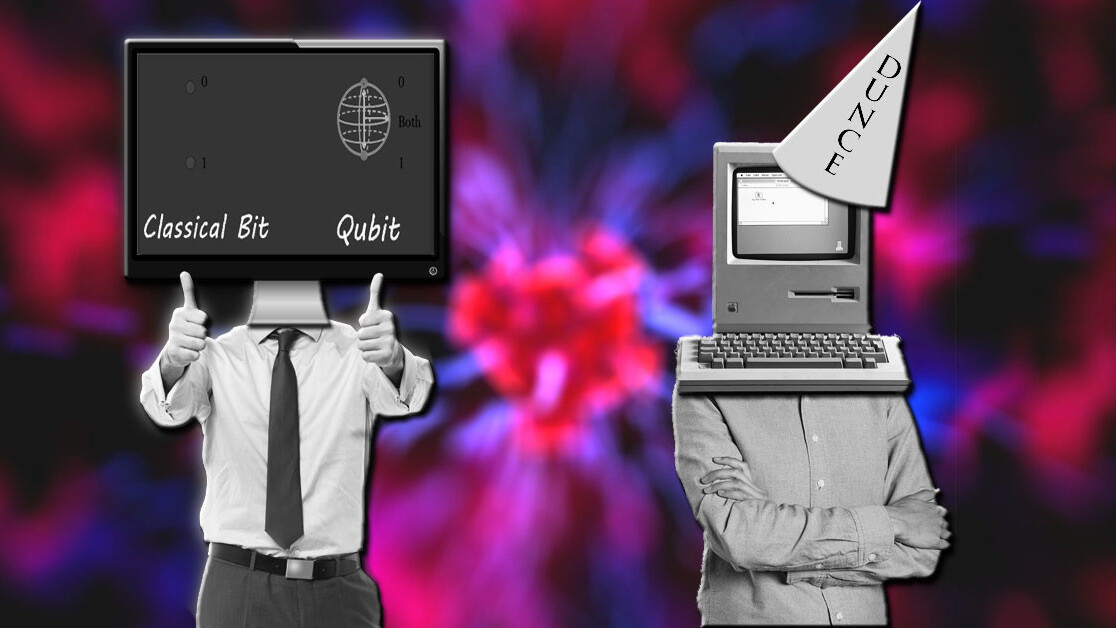
NASA recently published a Google Research paper indicating the company’s ‘Bristlecone’ quantum computer has successfully completed a processing task in a matter of minutes that would take a classical computer some 10,000 years to complete. Then it mysteriously deleted the research and, to the best of our knowledge, neither organization’s mentioned it since.
The paper’s authors claim this is the world’s first demonstration of quantum supremacy, according to a cached-version available here:
Our experiment marks a milestone towards full scale quantum computing: quantum supremacy. In reaching this milestone, we show that quantum speedup is achievable in a real-world system and is not precluded by any hidden physical laws.
Some experts believe this to be a watershed moment in the history of technology and the heralding of a new era in computing. The only problem: the research was quickly removed from NASA’s website and, as of the time of this article’s publishing, neither Google nor the space agency is responding to journalists’ requests for comment.
In all fairness, quantum supremacy is an arbitrary benchmark, and the scientists chose their own method by which to gauge their computer’s particular level of supremacy. There are plenty of detractors who feel that all Google’s done is create a quantum computer system that’s purpose built to run a single, specific algorithm better than most classical, multi-purpose systems can.
The “purpose” of Google’s system is to verify how random a specific random number generator is. According to the researchers this is a task that would take IBM’s Summit super-computer around 10,000 years to complete. Google’s quantum computer can do it in about 200 seconds.
While this doesn’t immediately grant humanity with the ability to fly or cure cancer with our minds, it still has incredible implications – if the now-deleted paper is verified accurate, of course. The researchers responsible for the breakthrough feel it has short-term benefits and the potential to ‘unlock’ the next generation of quantum computers, at least according to the text of the paper that was briefly published on NASA’s website:
The benchmark task we demonstrate has an immediate application in generating certifiable random numbers; other initial uses for this new computational capability may include optimization optimization, machine learning, materials science and chemistry.
So did Google achieve quantum supremacy, as it said it would earlier this year? The cached-version of the Google paper checks out so far, so we’ll say a tentative yes. It’s possible the paper was pulled due to questions of its veracity, but it’s more likely it was a timing issue.
We’ve reached out to Google and NASA and will update this article once we learn more.
Get the TNW newsletter
Get the most important tech news in your inbox each week.





